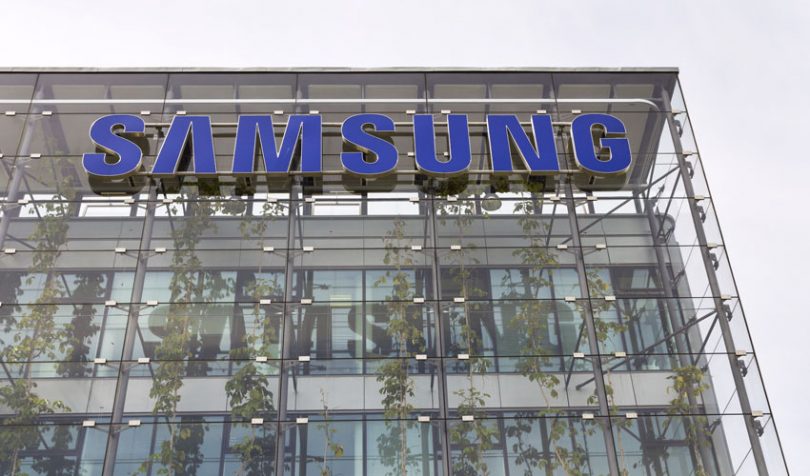This week Samsung SDS highlighted several of its current blockchain initiatives. In August it plans to unveil a health insurance consortium. It has multiple ongoing interoperability projects. And it’s progressing its Nexledger Universal cloud offerings.
The health consortium to be launched in August is an example of what Samsung refers to as ‘convergence’ where different industries cooperate. The ‘Automatic Insurance Claim Service’ aims to connect medical providers with insurers and digital healthcare companies.
Interoperability
Though comparatively low-key, Samsung SDS is doing important work on blockchain interoperability. Samsung SDS has been developing an ‘export customs logistics services’ for the Korean Customs Services. It’s expanding that work at Korea’s Incheon Airport to connect up with China’s Tianjin Airport. The Chinese end has a blockchain initiative developed by OneConnect, part of China’s Ping An insurance.
DELIVER is a slightly higher profile project, a three-way alliance that includes the Port of Rotterdam and ABN Amro bank. In this case, it’s looking at getting different blockchain technologies to talk to each other, including Samsung’s Nexledger, Hyperledger Fabric, Ethereum and potentially others. The interoperability platform aims to be the foundation of a global logistics network.
Cloud
Samsung has its own blockchain solution Nexledger which can combine customized features on Hyperledger Fabric and Ethereum. Plus it has its own consensus technology. In April it launched Nexledger Universal, a cloud offering on Microsoft’s Azure cloud. Now it plans a global public testnet so that developers can tinker with Nexledger Universal for free.
Apart from its own offerings, Samsung has also developed a solution to speed up Hyperledger Fabric. Earlier this year it joined the IBM Blockchain advisory board. Additionally, it became the Korean representative for IBM’s Blockchain Platform, which is Hyperledger Fabric plus IBM’s enterprise tools.






